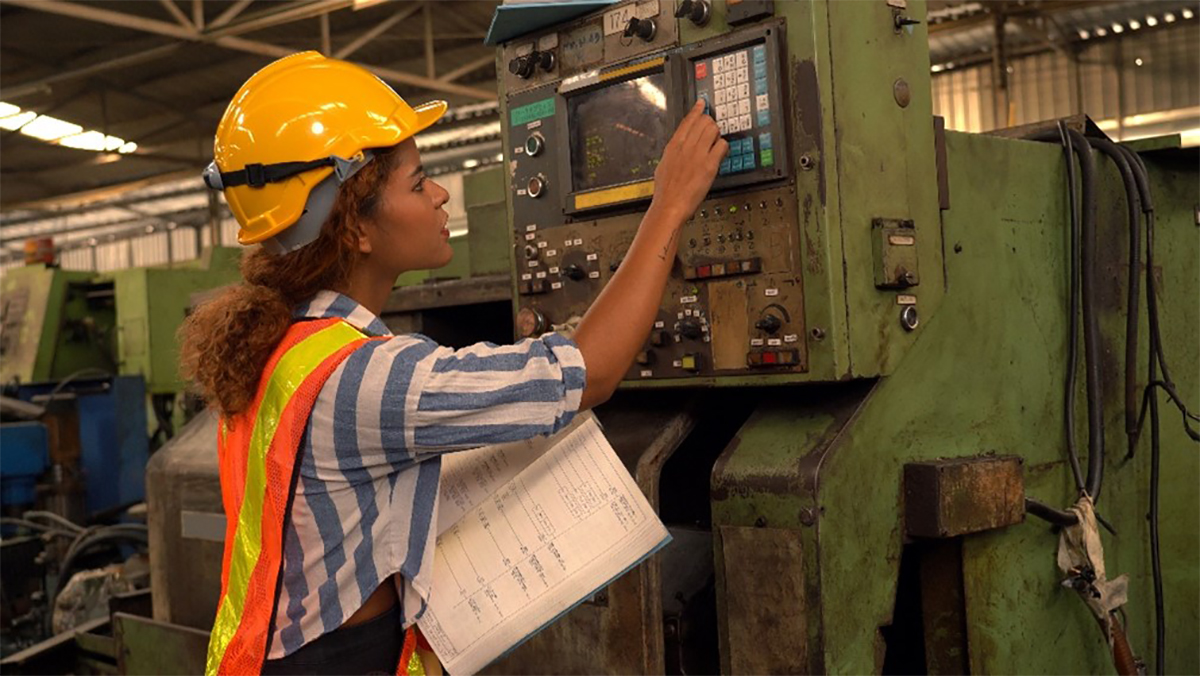
This webinar is the third of a four-part webinar series. The purpose of this series of webinars is to assess what this new consensus means and involves, particularly for developing countries. Tapping into the insights of the recently published Oxford Handbook of Industrial Policy, the webinar series will explore the challenges and potential of structural transformation, with a particular focus on building greater security of supply and resilience in pharmaceuticals and medical devices.
Covid-19 has exposed the underlying weaknesses, asymmetries and contradictions in our world, our economies and our societies. A number of African economies recorded robust growth and some promising signs of industrialization prior to the Covid-19 crisis, but this progress risks being undermined by the ongoing health and economic effects of the pandemic.
Notwithstanding Covid-19's devastating impact on Africa's economy, there have been some positive responses which offer valuable lessons and cause for optimism. These include (i) some repurposing of existing capacity to ramp up pharmaceutical production and the early stage of joint ventures to produce vaccines; (ii) increased attention to the opportunities afforded by the industrialisation of agriculture and agro-processing products; and (iii) increased use of technological advances.
The AfCFTA holds promise for building regional integration and cooperation in Africa. It could also facilitate and stimulate manufacturing capabilities in Africa - and regional value chains. However, manufacturing capabilities will not emerge automatically but require purposive industrial and infrastructure policies. Africa needs to implement the African Continental Free Trade Agreement (AfCFTA) in an inclusive manner that prioritises the development of industrial capabilities and infrastructure, and invests in the institutions needed to facilitate trade across the continent.
Programme
Session I:
Introduction:
- Richard Kozul-Wright, Director, Division on Globalization and Development Strategies, UNCTAD.
Moderator
- Carlos Lopes, Honorary Professor, Nelson Mandela School of Public Governance, University of Cape Town.
Guest Speakers:
- Wamkele Mene, Secretary General of the African Continental Free Trade Area (AfCFTA), Accra, Ghana.
- Arkebe Oqubay, Ethiopian Senior Minister, Professor of Practice at the University of Johannesburg and an Overseas Development Institute Distinguished Fellow.
- Dani Rodrik, Ford Foundation Professor of International Political Economy, Harvard University
Question & Answer Session
Session II:
Panelists:
- Jomo Kwame Sundaram, Senior Adviser, Khazanah Research Institute; Fellow, Academy of Science, Malaysia.
- Fiona Tregenna, South African Research Chair in Industrial Development and Professor of Economics at the University of Johannesburg
- Kirti Narsai, Senior Research Fellow, Nelson Mandela School of Public Governance, University of Cape Town.
- Nimrod Zalk, Industrial Development Policy and Strategy Advisor at the South African Department of Trade and Industry
Question & Answer Session
Closing remarks
Watch webinar recording

Richard Kozul-Wright is the director of UNCTAD’s globalization and development strategies division.
He has worked at the UN in both New York and Geneva and published widely on economic issues, including in the Economic Journal, the Cambridge Journal of Economics, the Journal of Development Studies, and the Oxford Review of Economic Policy.
He has co-written books such as The Resistible Rise of Market Fundamentalism with Paul Rayment and co-edited volumes of Transnational Corporations and the Global Economy, Economic Insecurity and Development, Securing Peace, Climate Protection and Development and Industrial Policy.
He also co-edited Transforming Economies: Making Industrial Policy Work for Growth, Jobs and Development with the International Labour Organization.
He holds a PhD degree in economics from the University of Cambridge in the UK.




